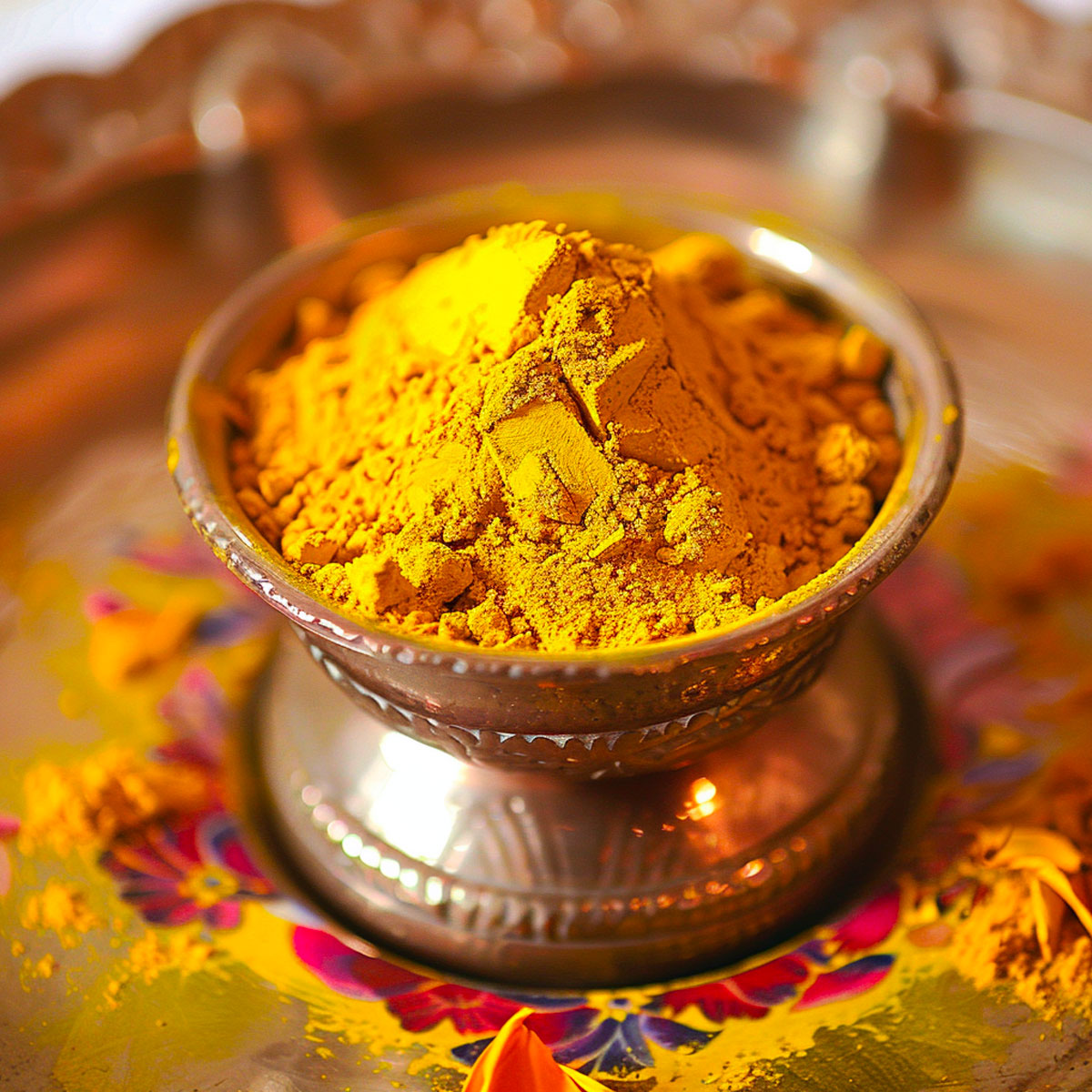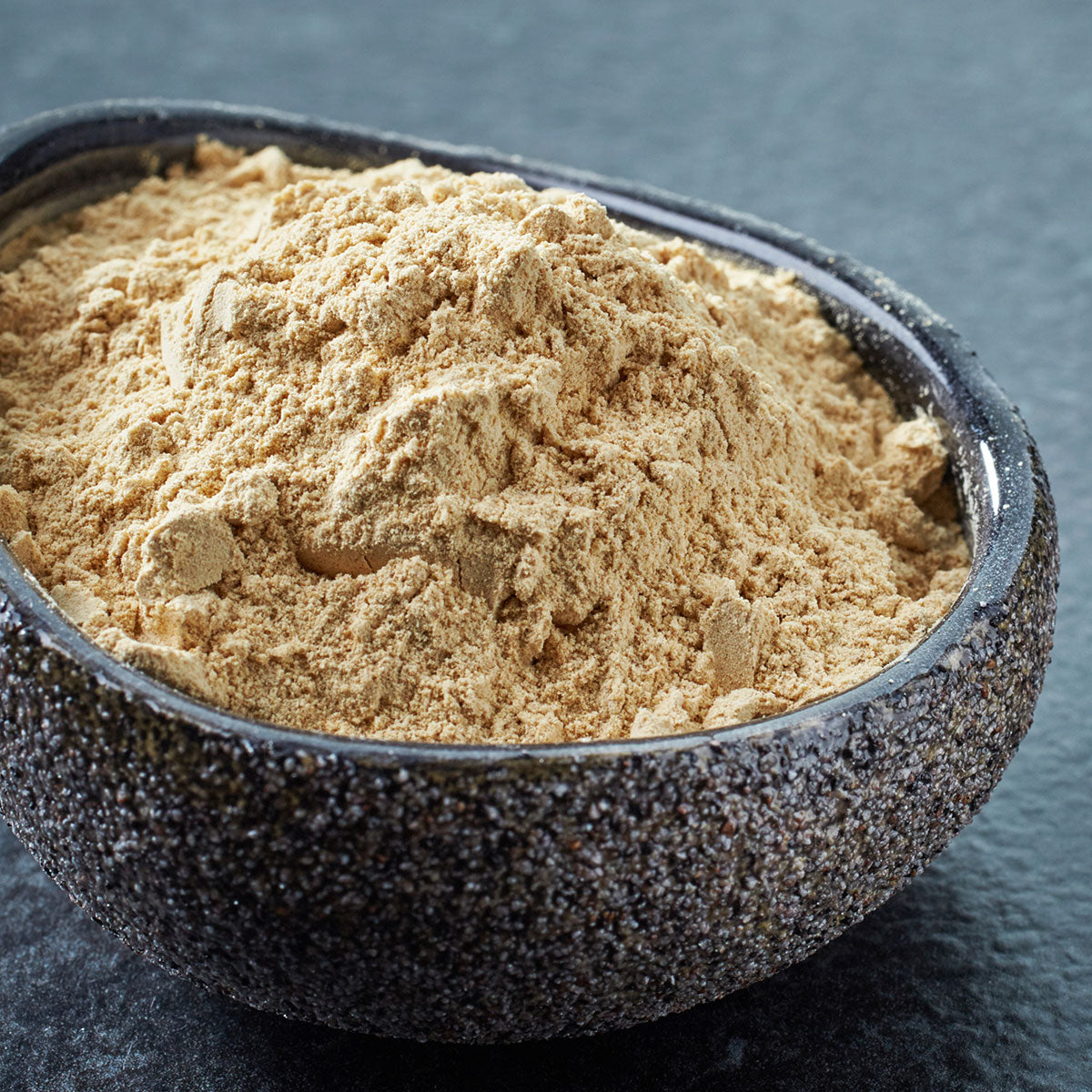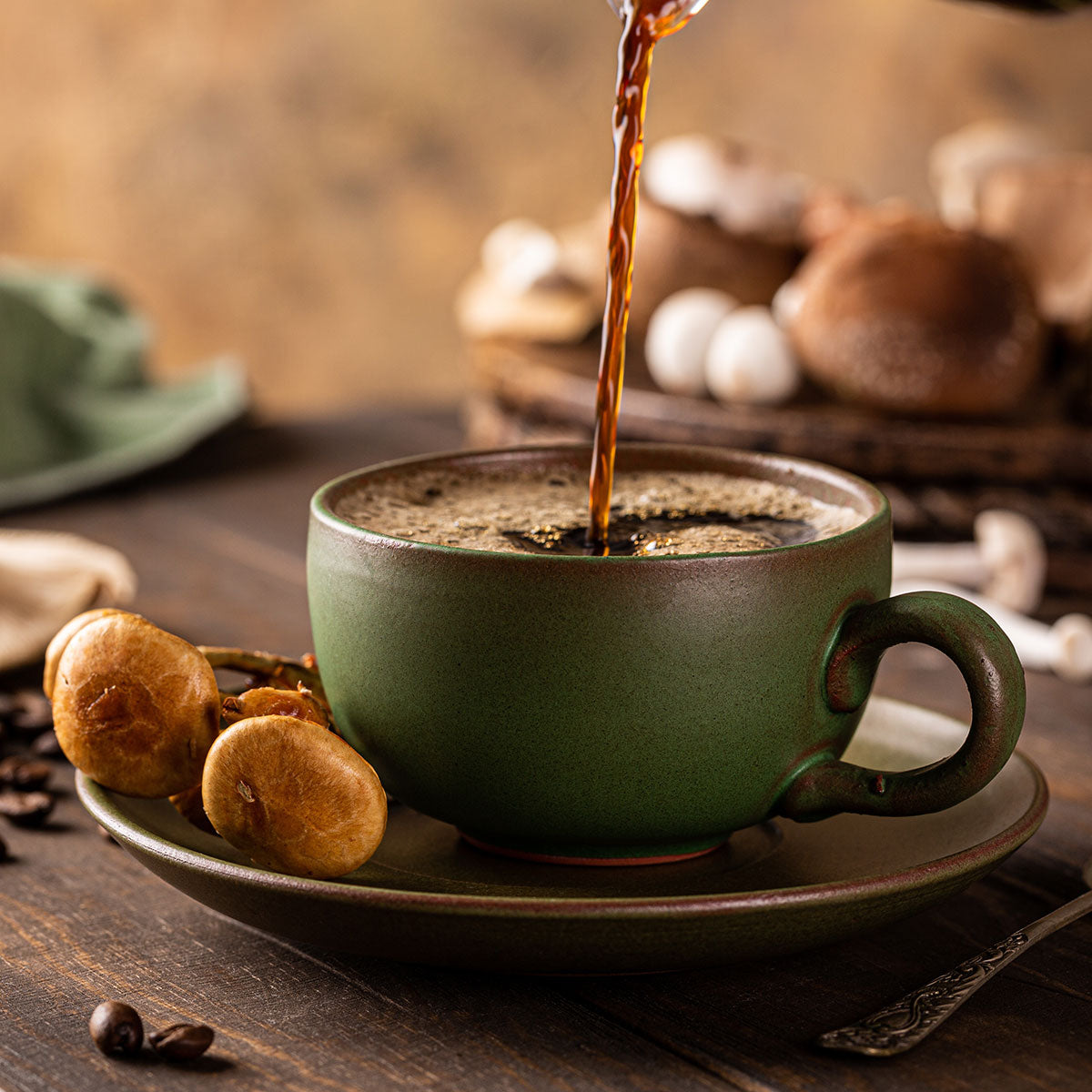It’s incredible how a teeny-tiny change in your daily routine can have such a positive effect on your health as well as our planet. In celebration of Earth Day, we list 5 super easy lifestyle tweaks you can start today – even if you’re an uber busy bee.
With these tips, you will:
- Look and feel amazing by removing harmful toxins from your life
- Save wildlife and plant life by reducing environmental pollutants, and
- Inspire others to do the same as soon as they see how cool your new lifestyle hacks are!

SAY “NO” TO PLASTIC WATER BOTTLES
These plastics often leach harmful endocrine-disrupting chemicals, such as bisphenol-A (BPA), into the water – especially when exposed to warmer temperatures.
Studies have linked BPA to many health concerns such as cognitive impairment in the brain, decreased sperm count, risk of obesity, infertility, increased blood pressure and much more. In November 2015, researchers published an article in the Israeli Medical Association Journal Harefuah that BPA “might also have carcinogenic effects, causing breast and prostate cancer.”
But not only you may be suffering - so is our planet. The equivalent of 17 million barrels of oil was used in 2006 to produce the plastic water bottles consumed in the US alone. This is enough energy to fuel 1 million cars for a whole year! Out of the 50 billion plastic water bottles consumed that year, only (!) 1 in 6 was recycled.
What You Can Do Now: if you need to buy bottled water, always go for a glass bottle. It’s a little heavier on the move but it’s worth it to avoid all the potential harm the leaching chemicals can cause to your health. Be sure to check on the bottle that the water is from a real spring and not simply filtered. If you have a quality filter at home and want to save some cash on buying bottled water, pick up a glass water bottle from the store and fill it up yourself.
USE YOUR OWN CANVAS BAGS AT THE SUPERMARKET
Did you know that 1,000,000,000,000 single-use plastic bags are used each year, equating to 2 million per minute! Many countries have recognized this immense waste of energy and increasing environmental contamination and have started imposing bans and taxes on the use of plastic bags.
Plastic bags have been found in stomachs of many endangered marine species and there are countless cases of farm animals (from camels in the UAE to cattle in Texas and all around the world) choking on plastic bags.
What You Can Do Now: Be an active part of the reduction of this waste and suffering of so many animals. Get yourself a good old canvas repeat-use bag for the supermarket. It’s a small upfront investment, and many supermarkets now offer canvas bags for purchase too. Also many supermarkets are starting to charge you for each plastic bag you use so all the more reason to avoid them.
"Plastic bags are found in stomachs of many endangered marine species. Get a repeat-use canvas bag #EarthDay"
TWEET IT
BUY FROM YOUR LOCAL FARMERS MARKET
The USDA’s Economic Research Service showed that in 2008 on average, farms only received 16% of the final purchase price you paid for your groceries in a large supermarket. In the same year, further calculation showed that less than 2% of the total price you paid for onions at the supermarket may be reaching the actual harvesters of those onions.
"In 2008 U.S. farmers received only 16% of the final purchase price of groceries bought in a supermarket"
TWEET IT
What You Can Do Now: When it comes to groceries, try to buy local – the farmers market is always your best choice. Not only are you going to be saving some money but you’ll get to know the real people behind your produce, you’ll be supporting the environment as most small producers are organic – and if not, they probably grow their produce to organic standards (and often they can’t get certified due to cost)
Lastly, for us, the taste is just not the same when you get a store bought veggie that may have travelled hundreds, if not thousands of miles for days on – compared to the fresh goods at your local farmers market.
To be able to travel thousands of miles that fruit or veggie you buy at the supermarket would need to be picked way before it’s still ripe (and ripening somewhere in a box). On the contrary, the fruit or veggie bought locally ripens on a branch or in the soil, continuously fed by nutrients.
GET A GLASS REUSABLE COFFEE CUP
In the US, 25 billion styrofoam (take-out) coffee cups are thrown away every year. If you buy 1 cup of coffee in a take-out cup every day, you’ll create over 23 pounds of waste in 1 year!
What about a paper cup then? Unfortunately the take-out paper cups are not all paper - they are lined with plastic to stop the paper falling apart when it gets wet.
What You Can Do Now: get yourself a reusable glass coffee cup. Let’s be honest…you’re highly likely to not have time to sit down for a coffee each time. And you can use your cup for any hot beverages – so your Maca and Wheatgrass Lattes can now travel with you around town! So let’s protect ourselves and our environment with some brand new – funky – colorful - reusable coffee cups. Check out KeepCup.
BUY FROM COMPANIES THAT ENGAGE IN DIRECT-TRADE
In our recent article – The Secret Truth of Superfood Sourcing – we touched upon the issues of the rise of the “middleman” in the world of superfoods. It has become a standard for companies to NOT source their ingredients directly and know their farmers inherently – leading to a growing problem of losing control of the quality and safety of their products.
…And sadly you as a consumer are the one suffering from such lack of sincerity. Heavy metal contamination has been found in certain Chinese chlorella, gluten found in “gluten-free” barley grass; there is a proliferation of fake matcha on the market; many raw cacao products are not “raw” at all and - toxins have found in protein powders to name a few.
With the rise of large superfood wholesalers, what this has lead to is the exact same product being sold just in different packaging, under different brand names, by different companies, with the illusion of variety.
The farmers also suffer as they’re paid a very low % of the final sale value (similar issue as mentioned above).
"Support direct ethical trade - so that your money actually reaches and helps farmers and their communities!"
TWEET IT
What You Can Do Now: buy from food brands that have a strong relationship with their farmers (and source from organic and ethical farms). Check their websites for pictures of their founders on the farms and ask them on their web-chats where the ingredients come from and how they ensure quality and safety.
What are your tips to ‘go green’?
We want to know your favorite ways to help yourself and our blue planet! Share them with fellow #Bursters by commenting below.
REFERENCES
Exposure to bisphenol A from drinking canned beverages increases blood pressure.
Hypertension. 2015 Feb;65(2):313-9.
Bisphenol A disrupts glucose transport and neurophysiological role of IR/IRS/AKT/GSK3β axis in the brain of male mice.
Environ Toxicol Pharmacol. 2016 Feb 25;43:7-12
Evaluation of subacute bisphenol - A toxicity on male reproductive system.
Vet World. 2015 Jun;8(6):738-44.
Low-Dose Bisphenol-A Impairs Adipogenesis and Generates Dysfunctional 3T3-L1 Adipocytes.
PLoS One. 2016 Mar 4;11(3):e0150762.
Effect of environmental contaminants on spermatogenesis.
Semin Cell Dev Biol. 2016 Apr 7. pii: S1084-9521(16)30085-4.
Bottled Water and Energy Fact Sheet
Pacific Institute, February 2007
Plastic Bags Fact Sheet
Earth Policy Institute, October 2014
A Better Understanding of Our Food Costs
USDA Economic Research Service





